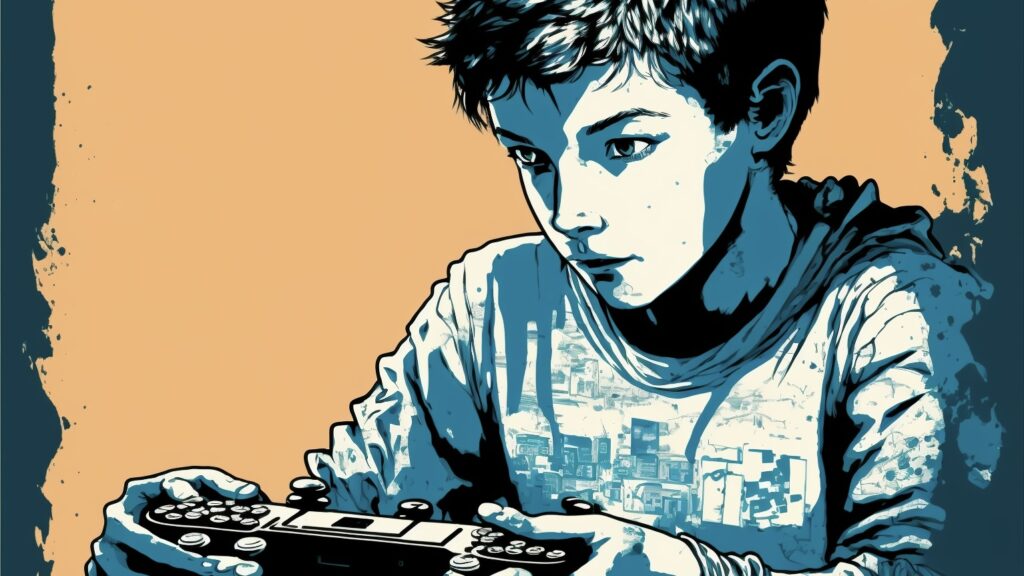
Economics is the study of decision making by individuals, using mathematical models and empirical methods. One of the big problems of economics (and of all social sciences) is that we cannot conduct randomized experiments the same way as in natural sciences. Imagine a political science researcher proposing that for the next term in office in the municipality, a set of randomly chosen municipalities will be used to experiment with various not-so-democratic regime types. It’s easy to see why that wouldn’t be feasible. Instead, social science researchers have developed a range of advanced statistical tools to mimic the same mechanisms in order to find causal relationships.
Video game platforms, however, present a virtual environment where suddenly, it can be possible to conduct these social experiment. There are games where, hundreds of thousands of players interact with each other. And the data available (I presume) is far better than what we can collect about how people interact in the real world. Some of the games that exist not only allow the players to engage in trade with simple homogeneous goods with others, they contain advanced economies that mimic a range of elements of real economies.
I’m really excited about the entry of social science researchers into the realm of gaming. Hopefully I will be able to be a part of it. Enabling trade in games might sound easy, but there’s no one version of the market. For markets to function efficiently and smoothly, game developers need to think long and hard about what consequences to expect for different market design issues. My guess is that there will be a lot more game economists employed in game development in the future. Some while ago, I wrote a post about how to design a market in Pokemon GO, I will probably write more on economics in video games in the future.